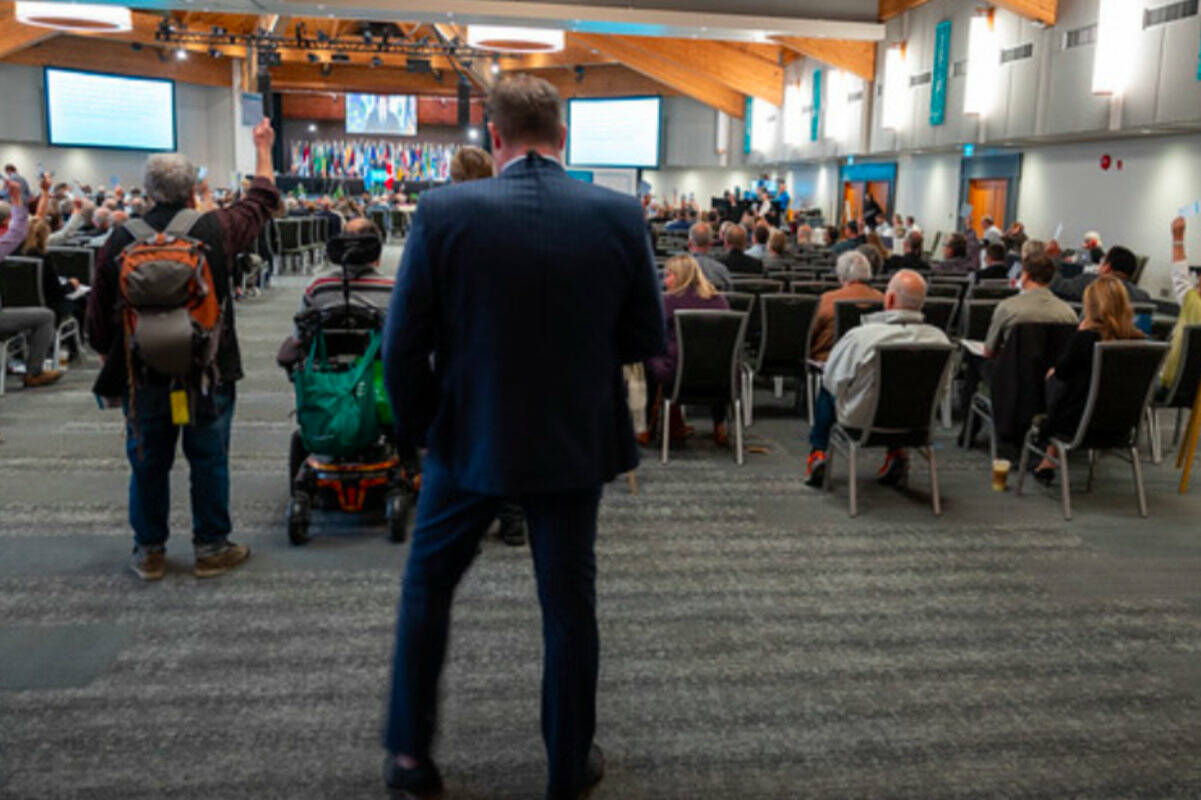Delegates at 2020 Union of British Columbia Municipalities (UBCM) Convention in Whistler called on the provincial government to review the speculation and vacancy tax, while at the same time stepping up enforcement of short-term rental restrictions.
The same group, meanwhile, narrowly defeated a resolution sponsored by the City of Victoria that would have called on the provincial government to explore (rather than establish) vacancy control to limit rent increases between tenancies.
The provincial speculation and vacancy tax first introduced in 2018 by then New Democratic minority government of John Horgan sees residential owners pay an annual tax on properties not deemed their primary residence. The tax only affects properties in certain mostly urban areas.
Owners with secondary residences can escape the tax by placing the properties into the rental pool and supporters see it as a tool to curb real estate speculation, foreign home-owner ship and raise money for affordable housing projects.
According to government records, 99 per cent of B.C. home-owners do not pay the tax. But it has also generated criticism from communities reliant on tourism, economists who questioned its impact on affordability and individuals with legacy properties such as long-held family cabins.
The resolution calls on the government the review the areas subject to the tax and its impact on surrounding areas not subject to it.
The UBCM appeal comes after Municipal Affairs Minister Nathan Cullen defended the tax during his appearance before delegates Wednesday afternoon.
“Some people called it a stunt, said it would never work,” he said. “Tell that to the 20,000 people in Vancouver alone, who are now living in apartments that were previously vacant year after year. It makes a difference and that is why we are expanding the program to other communities in B.C.”
Meanwhile, B.C. Liberal leader Kevin Falcon said Thursday morning that he never said that a government under his leadership would repeal the tax.
“I said that I would look at all of the costs government imposes, at the local level and the provincial level through the eyes of first-time buyer,” he said.
Delegates also called on the province to give local governments, including regional districts, more tools to enforce short-term rental regulations. The Sunshine Coast Regional District delegation said many popular vacations areas lie outside of municipal boundaries in areas where some fear short-term rentals are hollowing out communities.
But delegates were divided on a resolution from Victoria to explore vacancy control.
Proponents said landlords of existing rental properties use the space between rentals to raise rents, something that should be discouraged with B.C.’s lagging supply of rental housing.
But critics said vacancy control would represent an undue interference in the free market system and discourage investment and upkeep in rental housing.
In that end, the opposing arguments won the day but narrowly with 143 no-votes and 136 yes-votes.
RELATED: Victoria wants B.C. to cap rent increases for vacant units
RELATED: B.C.’s speculation and vacancy tax set to expand to more communities by 2023
Do you have a story tip? Email: vnc.editorial@blackpress.ca.
Follow us on Twitter and Instagram, and like us on Facebook.

